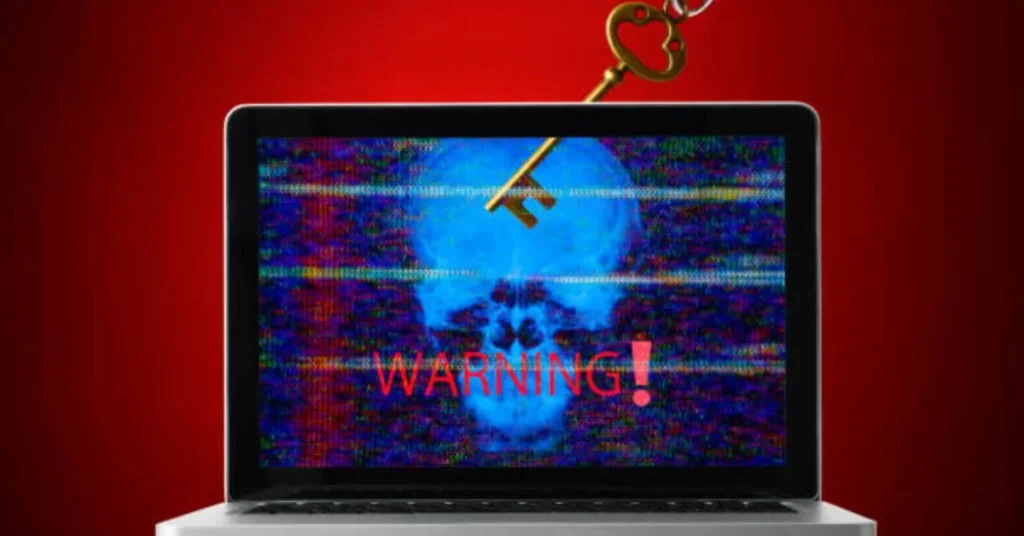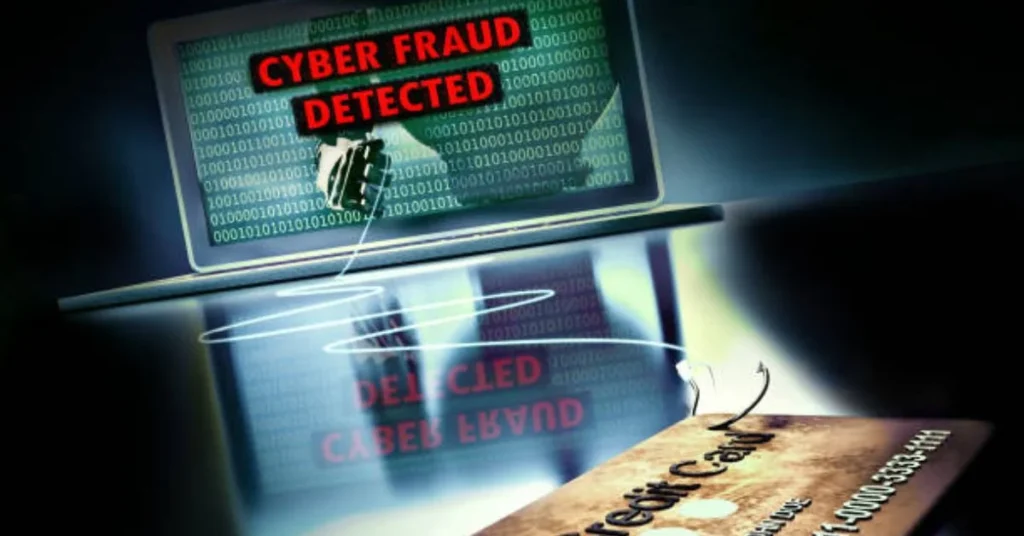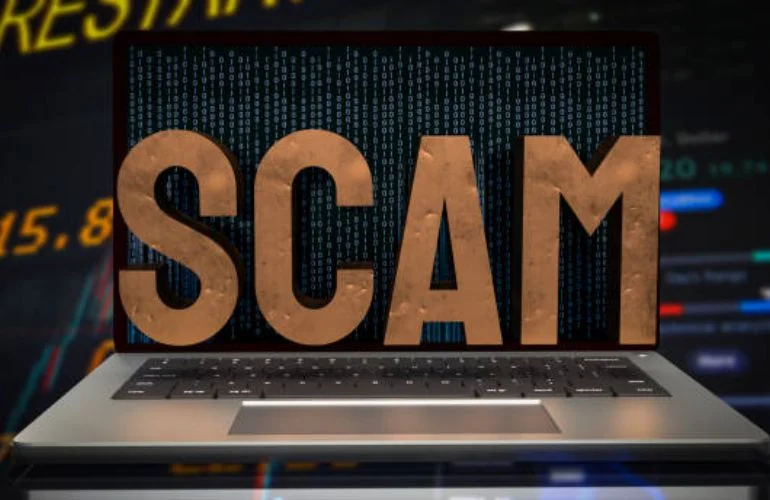why is dell.com flagging as fraud? Dell.com is the official website of Dell Technologies, a global leader in innovative tech solutions. Founded in 1984, Dell has earned a reputation for producing high-quality laptops, desktops, servers, and IT products. The company’s products are trusted by millions of users worldwide, ranging from individuals to large corporations. Dell’s emphasis on customer satisfaction and cutting-edge technology has cemented its position as one of the most reliable names in the tech industry.
Why Users Are Concerned
Despite Dell’s longstanding reputation, some users have recently reported warnings about Dell.com being flagged as fraud by browsers or antivirus software. These alerts can confuse users, making them hesitant to make purchases or share sensitive information on the website. Such issues can undermine trust in the platform, even when the warnings stem from technical or external factors.
Purpose of the Article
This article delves into the reasons why is Dell.com flagging as fraud, examines common causes of website flagging, and provides actionable steps to protect users from potential risks. Additionally, it highlights Dell’s efforts to maintain its credibility and offers guidance on identifying legitimate websites.
Understanding Why Dell.com May Be Flagged as Fraud
Common Causes of Website Flagging
Web browsers and security tools use advanced algorithms to identify and flag websites that may pose risks to users. However, even legitimate websites like Dell.com can be flagged for various reasons, including:
- Outdated Security Protocols: Websites with expired or improperly configured SSL certificates are often flagged by browsers as unsafe. This warning indicates that the website’s data encryption may be compromised.
- Phishing Threats: Cybercriminals frequently create fake versions of popular websites, leading browsers to flag similar legitimate sites as a precaution.
- Misconfigured Features: Minor coding errors or vulnerabilities in website design can trigger warnings, especially from antivirus programs.
- Temporary Server Issues: Overloaded or compromised servers can cause browsers to misinterpret legitimate sites as suspicious.
Potential Reasons Specific to Dell.com
Dell.com’s trusted reputation makes it unlikely to host fraudulent activities. However, the following factors could explain why the website might be flagged:
- SSL Certificate Expiry: If Dell’s SSL certificate expires, browsers may display warnings about insecure connections. While this issue doesn’t indicate fraud, it raises legitimate safety concerns for users.
- Third-Party Integrations: Many e-commerce platforms rely on external services like payment gateways. If these services experience technical issues or vulnerabilities, they can impact the entire website’s trustworthiness.
- Phishing Attempts: Fake subdomains mimicking Dell’s official website may confuse users and trigger warnings, even if Dell.com itself remains secure.

Is Dell.com Actually a Fraudulent Website?
Dell’s History and Reputation
Dell Technologies has been a pioneer in the tech industry for nearly four decades. Known for its commitment to innovation and customer satisfaction, the company has consistently maintained a strong reputation. Dell’s dedication to transparency and reliability makes it highly unlikely that the official Dell.com website is fraudulent.
User Reports and Complaints
While some users have reported encountering suspicious pop-ups or payment errors on Dell.com, these issues are often linked to third-party integrations rather than Dell itself. It’s essential to distinguish between technical glitches and genuine fraud. Most user complaints revolve around usability concerns rather than malicious activity.
Official Statements or Clarifications
Dell Technologies regularly addresses customer concerns and investigates any reports of fraudulent activity. The company’s proactive approach to resolving issues reinforces its credibility and commitment to user safety. If Dell.com is flagged, the company’s IT team typically resolves the issue promptly.
How to Identify If a Website Is Fraudulent
Signs of a Legitimate Website
To determine if a website is authentic, users should look for the following indicators:
- SSL Certificate: A secure padlock symbol in the URL bar indicates that the website encrypts data, ensuring user privacy.
- Official Domain Name: Check for the correct spelling of the domain, such as “Dell.com” rather than variations like “Dell-offers.com.”
- Contact Information: Legitimate websites provide clear and accessible customer support details, including phone numbers and email addresses.
Red Flags to Watch For
Be wary of the following signs that may indicate a fraudulent website:
- Suspicious URLs: Extra characters, hyphens, or misspelled domains can be indicators of phishing sites.
- Unsolicited Emails: Emails claiming to offer deals but asking for sensitive information should be avoided.
- Unusual Payment Requests: Requests for direct bank transfers or unverified payment methods can be red flags.

Tools for Verifying Website Legitimacy
Several online tools can help users confirm whether a website is safe to use:
- Whois Lookup: Provides information about domain ownership and registration details.
- Google Transparency Report: Checks if a site has been flagged for malware or phishing.
- VirusTotal: Scans URLs for potential threats, offering an extra layer of security.
Steps to Take If You Encounter Issues on Dell.com
Report the Problem
If you notice issues on Dell.com, report them immediately. Dell’s customer support and fraud department are equipped to handle such concerns efficiently. Reporting helps the company address any vulnerabilities and maintain user trust.
Protect Your Data
To safeguard your information:
- Change Your Password: Update your Dell.com account password to a strong and unique one.
- Monitor Transactions: Regularly check your bank or credit card statements for unauthorized charges.
- Enable Two-Factor Authentication (2FA): Adding an extra layer of security to your account can prevent unauthorized access.
Alternative Actions
If you suspect fraud or unauthorized activity, consider the following steps:
- Contact your bank or credit card provider to dispute suspicious charges.
- File a report with cybersecurity authorities or local law enforcement.
- Use cybersecurity tools to scan your device for malware or spyware.
Dell.com vs. Scammers: How Fraudulent Activities Happen
Fake Dell Websites or Emails
Scammers often create fake websites or send phishing emails that closely resemble Dell’s branding. These fake sites are designed to trick users into sharing sensitive information like passwords or credit card details. It’s crucial to verify the authenticity of any website or email before interacting with it.
Protecting Yourself from Phishing Scams
To avoid falling victim to phishing scams:
- Always type “Dell.com” directly into your browser rather than clicking on email links.
- Double-check the sender’s email address for inconsistencies or misspellings.
- Avoid downloading attachments or clicking on links in unsolicited emails.
Must read How to Get 416 Crafted Alt Crest Easily and Boost Your Gameplay
Dell’s Efforts to Combat Fraud
Dell actively monitors its platform for fraudulent activities and provides educational resources to help users recognize phishing attempts. The company’s dedication to cybersecurity includes regular updates to its website and systems to protect users from emerging threats.
Preventing Future Website Flagging Issues
For Website Owners
Companies like Dell can take the following steps to prevent their websites from being flagged:
- Update SSL Certificates Regularly: Ensure that SSL certificates are renewed and properly configured.
- Monitor Third-Party Integrations: Conduct regular audits of payment gateways and other external services.
- Swiftly Address User Complaints: Promptly investigate and resolve user-reported issues to maintain trust.
For Users
Users can enhance their online safety by:
- Educating Themselves: Learn to recognize phishing attempts and other online threats.
- Verifying Website Authenticity: Use tools like Whois Lookup and VirusTotal to confirm a site’s legitimacy.
- Installing Security Software: Antivirus programs and VPNs add an extra layer of protection.
The Role of Cybersecurity Tools
Cybersecurity tools play a vital role in preventing fraudulent activities. Firewalls, antivirus software, and secure browsing extensions help identify and block potential threats before they reach the user.
Conclusion: why is dell.com flagging as fraud
Recap of Key Points
This article explored the reasons why is Dell.com flagging as fraud, the common causes of website flagging, and practical steps users can take to protect themselves. It also highlighted Dell’s proactive measures to maintain its credibility and user trust.
Final Thoughts
While Dell.com is a reliable platform, occasional technical glitches or phishing attempts can lead to concerns. By staying vigilant and informed, users can ensure a safe browsing experience and continue to trust established platforms like Dell.
Call-to-Action
Dell is known for its wide range of technology solutions, including high-performance laptops, desktops, and IT services. To explore their latest products and learn more about their offerings, you can visit their official website here.

FAQs About why is dell.com flagging as fraud
Why does my browser flag Dell.com as fraud?
This could be due to SSL certificate issues, phishing threats, or misidentifications by your browser or antivirus software.
How can I ensure I’m on the official Dell website?
Look for “Dell.com” in the URL bar with a secure padlock symbol, and avoid clicking on email links.
What should I do if I suspect fraudulent activity on Dell.com?
Immediately contact Dell’s customer support, change your password, and monitor your transactions.
Does Dell.com have a history of fraud?
No, Dell.com is a trusted website. However, fake websites or phishing scams can target Dell customers.
How can I stay safe while browsing Dell.com?
Verify the website’s URL, use a secure internet connection, and avoid clicking on suspicious links or offers.










